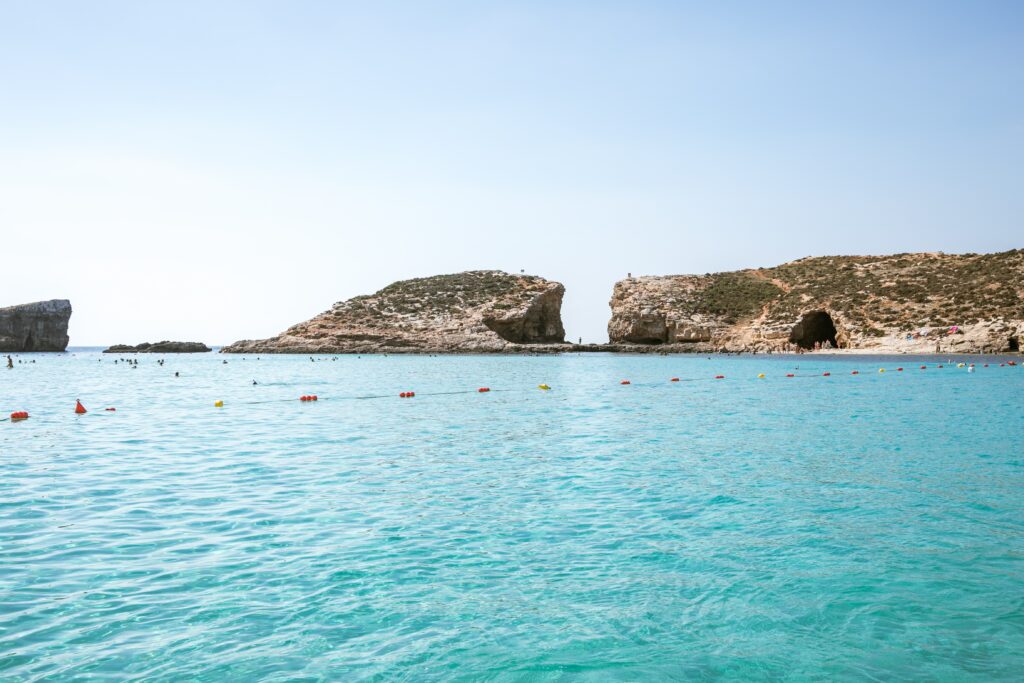Importance of sustainable tourism
Sustainable tourism is essential for the future of Thailand. It helps to protect the environment, support local communities, and preserve the cultural heritage of the country. By promoting sustainable tourism, we can ensure that future generations will be able to enjoy the natural beauty and unique cultures of Thailand. It also helps to reduce the negative impact of tourism on the environment and local communities. Sustainable tourism is not only about enjoying the present but also about ensuring a brighter tomorrow for Thailand.
Table of contents
- Importance of sustainable tourism
- Impact of tourism on Thailand's environment
- Initiatives for sustainable tourism in Thailand
- Community involvement in sustainable tourism
- Eco-friendly accommodations and activities
- Responsible wildlife tourism
- Cultural preservation and authentic experiences
- Sustainable transportation options for tourists
- Balancing tourism with conservation efforts
- Conclusion: the future of sustainable tourism in Thailand

Impact of tourism on Thailand’s environment
Tourism can have both positive and negative effects on the environment in Thailand. -44074261-Positive impacts can include conservation efforts, increased awareness of environmental issues, and economic opportunities for local communities. However, -44074262-negative impacts may include pollution, deforestation, and disturbance of wildlife habitats. It is important for tourists and local authorities to work together to minimize the negative effects of tourism on the environment and promote sustainable practices for a brighter future.
Initiatives for sustainable tourism in Thailand
Thailand has taken several initiatives for sustainable tourism to protect the environment and support local communities. These initiatives include promoting eco-friendly accommodations, encouraging responsible wildlife tourism, creating marine conservation areas, and promoting community-based tourism projects. Eco-friendly accommodations focus on reducing environmental impact by conserving energy and water, managing waste, and using sustainable materials. Responsible wildlife tourism aims to protect and conserve wildlife species by promoting ethical and sustainable wildlife experiences. Marine conservation areas are established to protect and preserve marine ecosystems, including coral reefs and marine wildlife. Community-based tourism projects empower local communities by involving them in tourism activities, preserving their cultural heritage, and providing economic benefits. These initiatives play a vital role in promoting sustainable tourism in Thailand and ensuring a brighter future for the country’s natural and cultural resources.
Community involvement in sustainable tourism
Community involvement in sustainable tourism plays a crucial role in ensuring a brighter tomorrow in Thailand. Local communities can actively participate in sustainable tourism by offering authentic experiences, preserving natural resources, and maintaining traditional cultural practices. By engaging with travelers in a sustainable manner, the community can benefit economically while also safeguarding their environment and heritage. Furthermore, involving local communities in decision-making processes and empowering them to take ownership of sustainable tourism initiatives can enhance the overall success and long-term viability of these efforts.
Eco-friendly accommodations and activities
Eco-friendly accommodations and activities are growing in popularity in Thailand. Many hotels and resorts are implementing sustainable practices such as energy-efficient lighting, water conservation, and waste management. In addition, tour operators are offering eco-friendly excursions, such as nature walks, wildlife conservation visits, and community-based tourism experiences. These initiatives aim to minimize the environmental impact of tourism and support local communities. When planning your trip, consider staying at eco-friendly resorts and participating in sustainable activities to contribute to a brighter and greener future for Thailand.
Responsible wildlife tourism
Wildlife tourism in Thailand should be done responsibly to ensure the welfare and conservation of the local wildlife. When participating in wildlife tourism activities, it’s essential to support facilities and tours that follow ethical practices. This includes ensuring that the animals are not exploited for entertainment and are treated with respect and care. By choosing responsible wildlife tourism, visitors can contribute to the preservation of Thailand’s natural beauty and biodiversity.
Cultural preservation and authentic experiences
When traveling in Thailand, it’s important to seek out authentic experiences to support cultural preservation. Engaging with local communities and traditional practices can help preserve Thailand’s rich heritage. Making responsible choices, such as visiting local markets, partaking in traditional crafts, and attending local festivals, can ensure an authentic and meaningful travel experience while contributing to the preservation of Thai culture.
Sustainable transportation options for tourists
In Thailand, tourists can opt for sustainable transportation options to minimize their impact on the environment. Some options to consider include:
- Public Transport: Utilize buses, trains, or boats, which are often more eco-friendly than individual car travel.
- Cycling: Rent a bike to explore the local area, promoting eco-friendly travel while staying active.
- Walking: Consider walking to nearby attractions to reduce carbon emissions and connect with the local community.
- Electric Vehicles: Look for rental services offering electric cars or scooters, which are a more sustainable alternative to traditional vehicles.
Balancing tourism with conservation efforts
Thailand has been taking steps to balance tourism with conservation efforts to ensure a sustainable future for its natural beauty. Authorities are working on initiatives to protect the environment and wildlife, while still allowing visitors to enjoy the country’s attractions. By implementing responsible tourism practices and promoting environmental awareness, Thailand aims to maintain its natural resources for future generations to experience and appreciate.
Conclusion: the future of sustainable tourism in Thailand
Sustainable tourism in Thailand is crucial for preserving its environment and culture. By promoting responsible travel practices and supporting eco-friendly accommodations and activities, we can ensure a brighter future for Thailand’s natural resources and communities. It is important for travelers to be mindful of their impact on the environment and local traditions, and to seek out sustainable tourism options when visiting Thailand. The continued success of sustainable tourism in Thailand depends on the collective efforts of travelers, tour operators, and local authorities to prioritize environmental conservation and cultural preservation.



